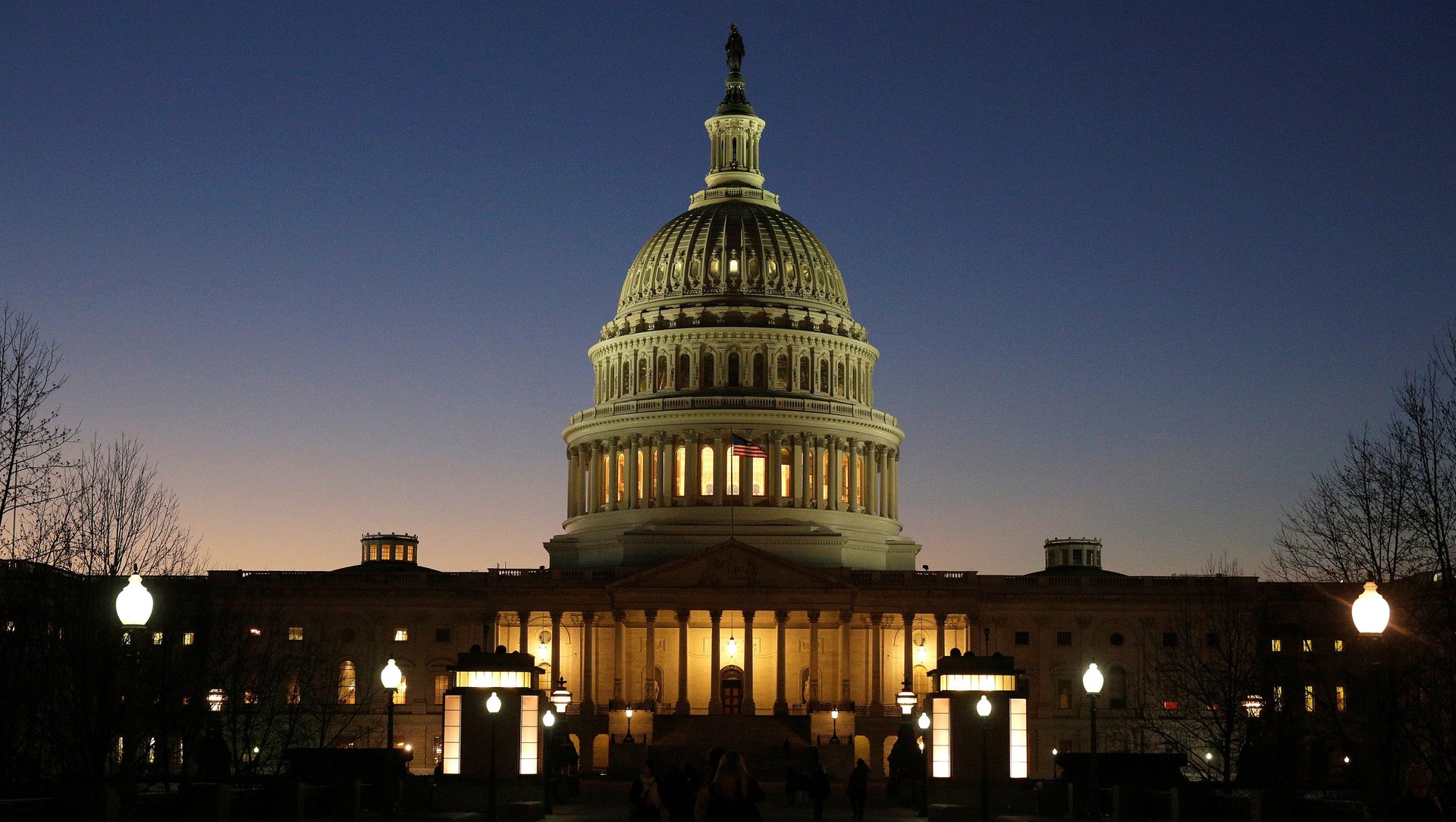Democrats can beat Trump by standing up for the values of liberal democracy
As an independent most often surrounded by deep-blue Democrats, I’ve watched with more than usual concern as friends, family and colleagues debate their party’s future. My concern is elevated because in the wake of the 2016 election, the fate of the Democratic Party looks increasingly intertwined with the fate of American democracy itself.


As an independent most often surrounded by deep-blue Democrats, I’ve watched with more than usual concern as friends, family and colleagues debate their party’s future. My concern is elevated because in the wake of the 2016 election, the fate of the Democratic Party looks increasingly intertwined with the fate of American democracy itself.
As such, I hope these “what is to be done?” Democrats will consider a humble suggestion: to bounce back from 2016, simply de-capitalize. Embrace the lower case. Turn the (D)emocrats into the (d)emocrats, focused on and united by the defense and promotion of political rights, civil liberties, and rule of law that made and will continue to make America great. Both at home and abroad, make democracy the Democratic party’s primary cause, core principle, and most visible brand.
After all, Republicans—which under Reagan, and to a lesser extent George H.W. Bush and George W. Bush, captured much of the rhetorical small ‘d’ democrat terrain—appear to have traded their praise of democracy’s virtues for the siren songs of populism and ethno-nationalism. Under Donald Trump, the GOP will be led by the most anti-democratic presidential candidate in contemporary American history, whose cabinet is staffed by a frightening number of plutocrats and generals, and whose chief strategist’s political philosophy is frighteningly similar to national socialism.
With some notable exceptions, Republican leaders (not to mention the president-elect himself) have been remarkably sanguine about Russian meddling in the recent presidential campaign, and, just as alarmingly, their supporters’ growing tolerance for authoritarianism and rejection of democratic norms such as a free press and ethno-religious pluralism. Meanwhile, the Tea Party’s pseudo-libertarian claim to grassroots democratic purity has gone up in the smoke of Trump’s economic populism and ethnic chauvinism.
As such—and amazingly, in the world’s oldest democracy—there is now both ideological and strategic space for the Democrats to embrace basic democratic principles as the foundation of a popular campaign which could help propel them back to power.
Many Democratic partisans will probably dismiss this appeal with “been there, done that,” citing the party’s platform defending minority voting rights, women’s rights, LGBTQ rights, immigrant rights, union rights, and the like. Some may also respond with post-Bush, Obama-era cynicism about the perils of promoting democracy abroad and declining support for democracy among Western millennials.
The first set of rejoinders echo the now well-worn intra-Democrat debate about identity politics and its effectiveness, especially given heightened economic anxiety among traditional Democratic ‘blue collar’ voters who defected to Trump. Yet in this independent’s opinion, Democrat hand-wringing about emphasizing identity versus class politics is missing the point, not to mention a big political opportunity. The growing chance for Democrats to claim (and proclaim) the defense of democratic rights as core principle may well provide the center-pole for the Democratic Party’s big tent of social, economic and cultural identities. It will also help Democrats court independents and even conservatives who cherish individual freedom and democratic institutions, and who view the party’s previous emphasis on identity politics as inherently divisive.
As people (used to) say here in Silicon Valley: keep it simple. Every American—yes, even every millennial—has been inculcated with at least a superficial admiration for and loyalty to democracy and democratic values, helping a Democratic campaign that puts defending democracy front and center to resonate deeply and widely. And while democracy can be a broad, malleable concept that Republicans will continue to claim as their own, the incoming Trump administration’s apparent disdain for political rights, civil liberties, and economic pluralism will very likely give Democrats ample opportunity for political and moral clarity on these fronts. Recent events in North Carolina are already a case in point.
What’s more, a patriotic appeal to defending democracy at home can also help unite Democrats on what American should do (and represent) abroad. So-called liberal internationalists will welcome the opportunity to once again project the liberal ideal of American freedom overseas by loudly fighting for it within their own borders. Meanwhile, left-wing (d)emocrats can more credibly fly the party’s flag while pushing for social democratic objectives like class solidarity, global citizenship, and cross-border labor and environmental rights, fostered by an outward-looking America.
These camps will almost surely continue to clash on free trade—but what is more democratic than factions agreeing to disagree and moving forward in the interest of defending the republic?
Democracy may be down, but it is not out. And neither are the (d)emocrats.